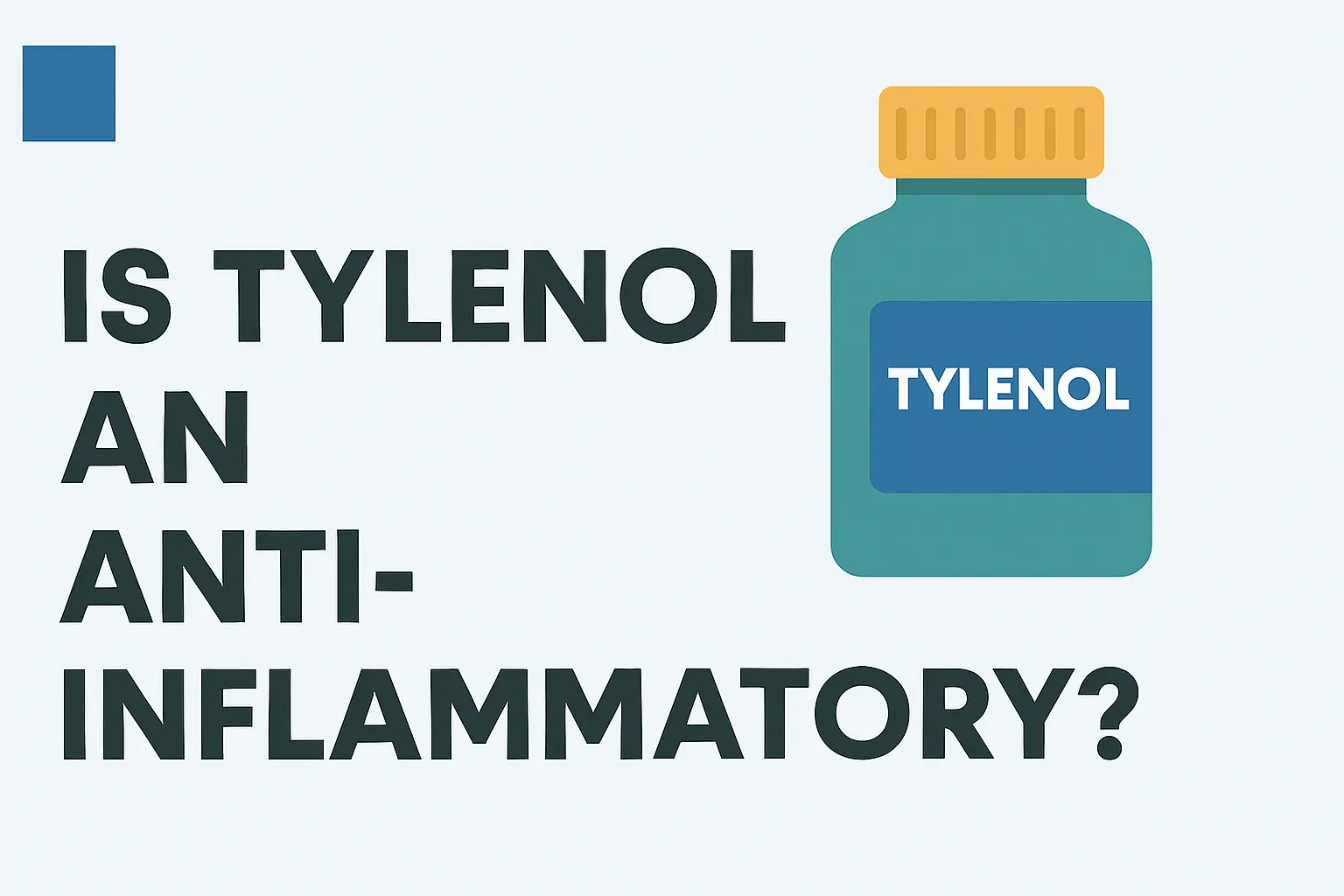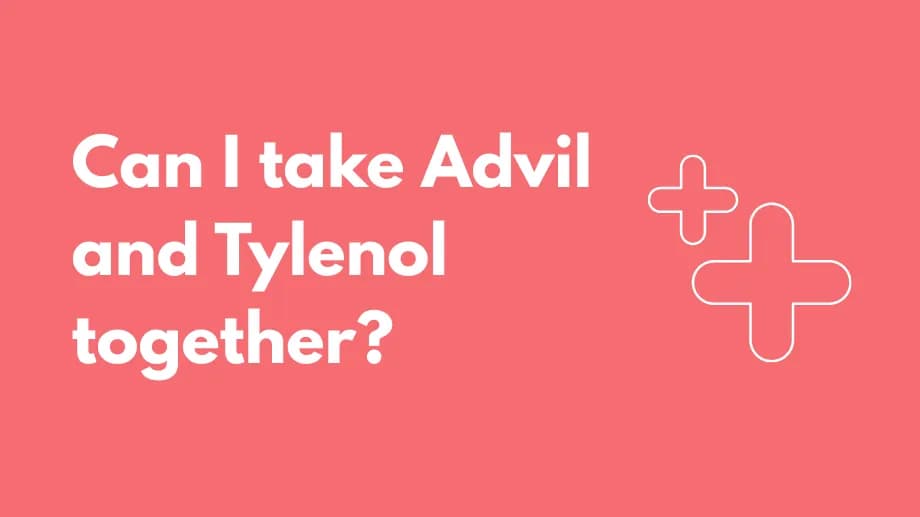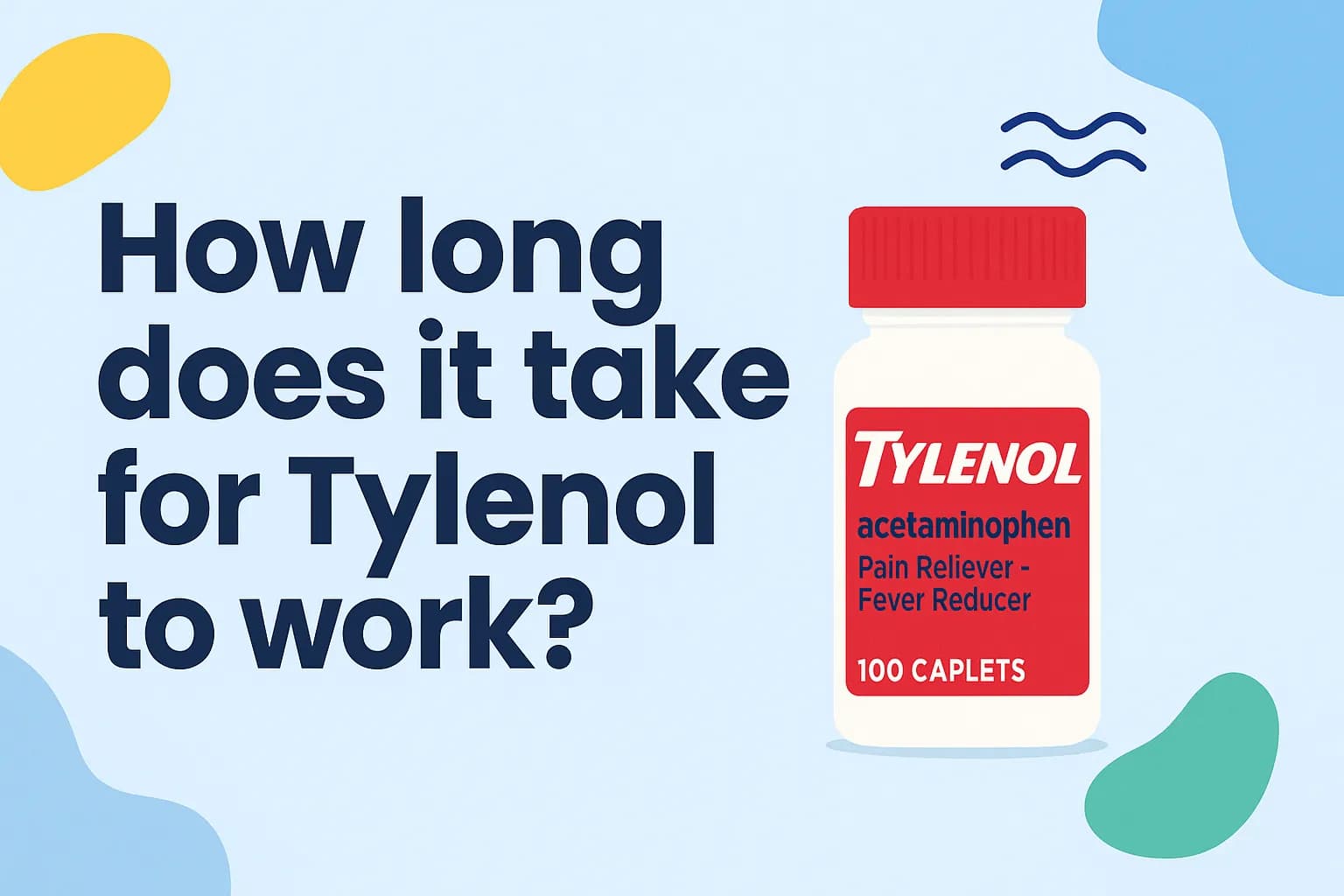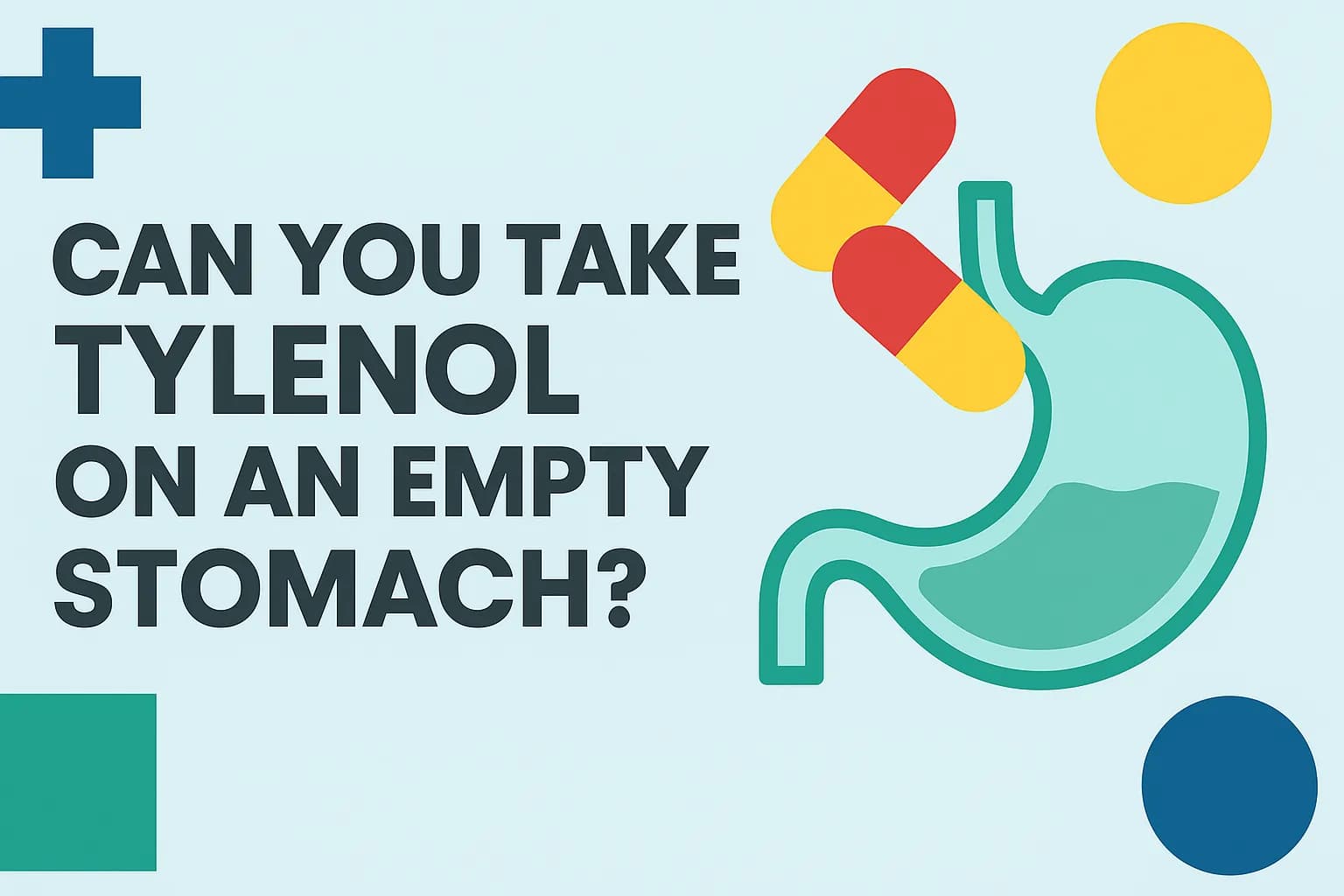Is Tylenol an anti-inflammatory?

Although Tylenol is a pain reliever and fever reducer, it does not work on inflammation like nonsteroidal anti-inflammatory drugs (NSAIDs).
What are NSAIDs?
NSAIDs are a class of drugs commonly used to relieve pain, swelling, and fever. Examples include:
They work by blocking cyclooxygenase (COX) enzymes from releasing prostaglandins, which can cause pain and inflammation.
How does Tylenol differ?
Tylenol is an antipyretic (fever reducer) and analgesic (pain reliever). While it can block enzymes involved in pain and fever, it does not block the pathway that leads to inflammation and swelling.
When might Tylenol be preferred over NSAIDs?
Tylenol may be a safer option than NSAIDs for people with:
- Pregnancy
- Kidney disease
- High blood pressure or heart disease
- Stomach ulcers or bleeding
- High risk of heart attack or stroke
However, high doses of acetaminophen can cause liver damage or failure, and it can increase the blood-thinning effect of warfarin.
What is Tylenol used for?
Tylenol contains the active ingredient acetaminophen. It is used for mild to moderate pain relief from:
- Headaches and backaches
- Arthritis pain
- Toothaches and muscle aches
- Premenstrual and menstrual cramps
- Temporary reduction of fever
How does Tylenol work?
The exact mechanism is not fully understood. It is thought to alter pain perception in the brain and act on the body’s heat‑regulating center to reduce fever.
Possible side effects
Side effects are uncommon but may include nausea and headache. Serious side effects requiring immediate medical attention include:
Shop Medications
- Serious allergic reaction: rash, hives, swelling of face, tongue, or lips, trouble breathing
- Liver damage
Exceeding the recommended dose can cause life‑threatening liver problems. Adults should not exceed 4,000 mg per day; children’s dosing should be determined by a healthcare provider.
Drug interactions
Tell your healthcare provider about all medications and supplements you take, including:
- Warfarin
- Alcohol
- Other products containing acetaminophen
When not to take Tylenol
Do not take Tylenol if you are allergic to acetaminophen or if you have severe liver disease or impairment.
What to tell your healthcare provider
Before taking Tylenol, inform your provider if you:
- Have liver disease
- Drink three or more alcoholic beverages per day
- Have phenylketonuria (some products contain aspartame)
- Are pregnant or planning pregnancy
- Are breastfeeding or plan to breastfeed
Do you need to take Tylenol with food?
You can take Tylenol with or without food. Taking it on an empty stomach may allow faster absorption. Always swallow it with a full glass of water. Food does not affect suppositories or intravenous forms.
Can you take Tylenol if you are pregnant?
Tylenol has long been considered safe in pregnancy, but recent research suggests caution due to potential developmental risks seen in animal and observational human studies. Always discuss risks and benefits with your healthcare provider.
Related Medications
- Regular Strength Tylenol (acetaminophen)
- Tylenol Extra Strength (acetaminophen)
- Tylenol Arthritis (acetaminophen)
- Aleve (naproxen sodium)
- Advil (ibuprofen)
- Motrin (ibuprofen)
Sources
- Acetaminophen. StatPearls Publishing. Accessed Aug. 16, 2024.
- Tylenol Regular Strength – acetaminophen tablet. DailyMed. Accessed Aug. 16, 2024.
- Acetaminophen (OTC). Medscape. Accessed Aug. 16, 2024.
- What is Acetaminophen? Johnson & Johnson Consumer Inc. Accessed Aug. 16, 2024.
- Ohashi N, Kohno T. Analgesic Effect of Acetaminophen: A Review of Known and Novel Mechanisms of Action. Front Pharmacol. 2020;11:580289. Accessed Aug. 16, 2024.








